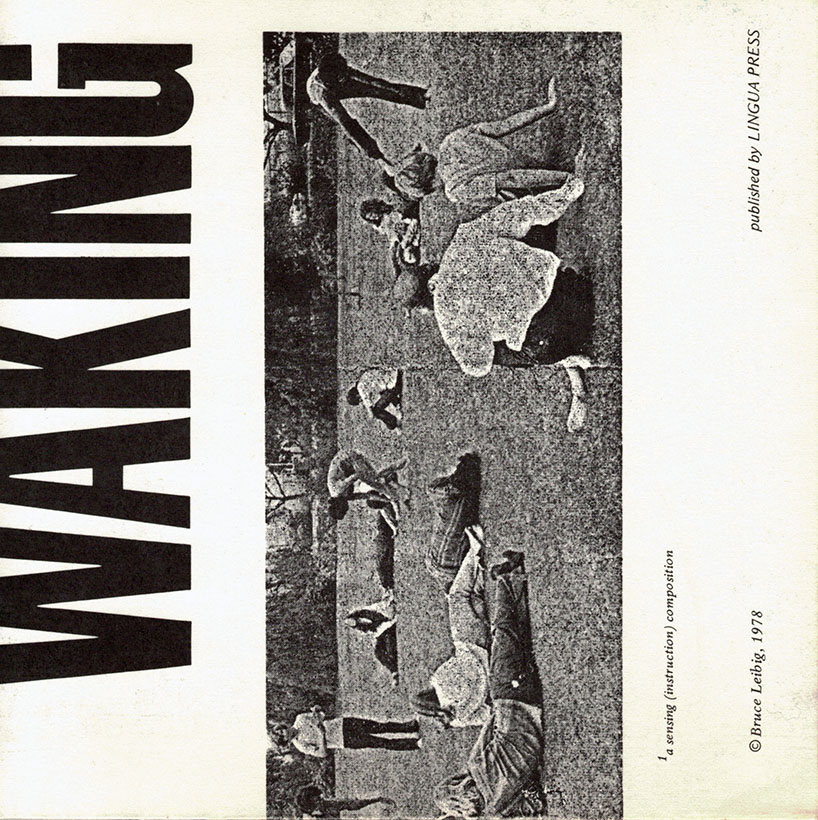
chris mann and grammar
A Lingua Press Bookplay, 1990
Introduction by Kenneth Gaburo,Herbert Brun, Annea Lockwood, David Dunn,John Cage.
Chris Mann (March 9, 1949 Australia–September 12, 2018 New York NY) was an Australian composer, poet and performer specializing in the emerging field of compositional linguistics, coined by Kenneth Gaburo and described by Mann as "the mechanism whereby you understand what I'm saying better than I do".[1] He was, in the last 2 decades of his life, based in New York City.
Mann studied Chinese and linguistics at the University of Melbourne, and his interest in language, systems, and philosophy is evident in his work. Mann founded the New Music Centre in 1972 and taught at the State College of Victoria in the mid-1970s. He then left teaching to work on research projects involving cultural ideas of information theory and has been recognized by UNESCO for his work in that field.[1]
Mann moved to New York in the 1980s and was an associate of American composers John Cage and Kenneth Gaburo. He performed text in collaboration with artists such as Thomas Buckner, David Dunn, Annea Lockwood, Larry Polansky, and Robert Rauschenberg.
Mann recorded with the ensemble Machine For Making Sense with Amanda Stewart, Rik Rue and others, Chris Mann and the Impediments (with two backup singers and Mann reading a text simultaneously while only being able to hear one another), and Chris Mann and The Use. His piece The Plato Songs, a collaboration with Holland Hopson and R. Luke DuBois, features realtime spectral analysis and parsing of the voice into multiple channels based on phonemes. Mann has also participated in the 60x60 project.[2]
Mann taught in the Media Studies Graduate program at The New School. He died in September 2018 after a recurrence of cancer. He is survived by his wife and two children.
Language: English







